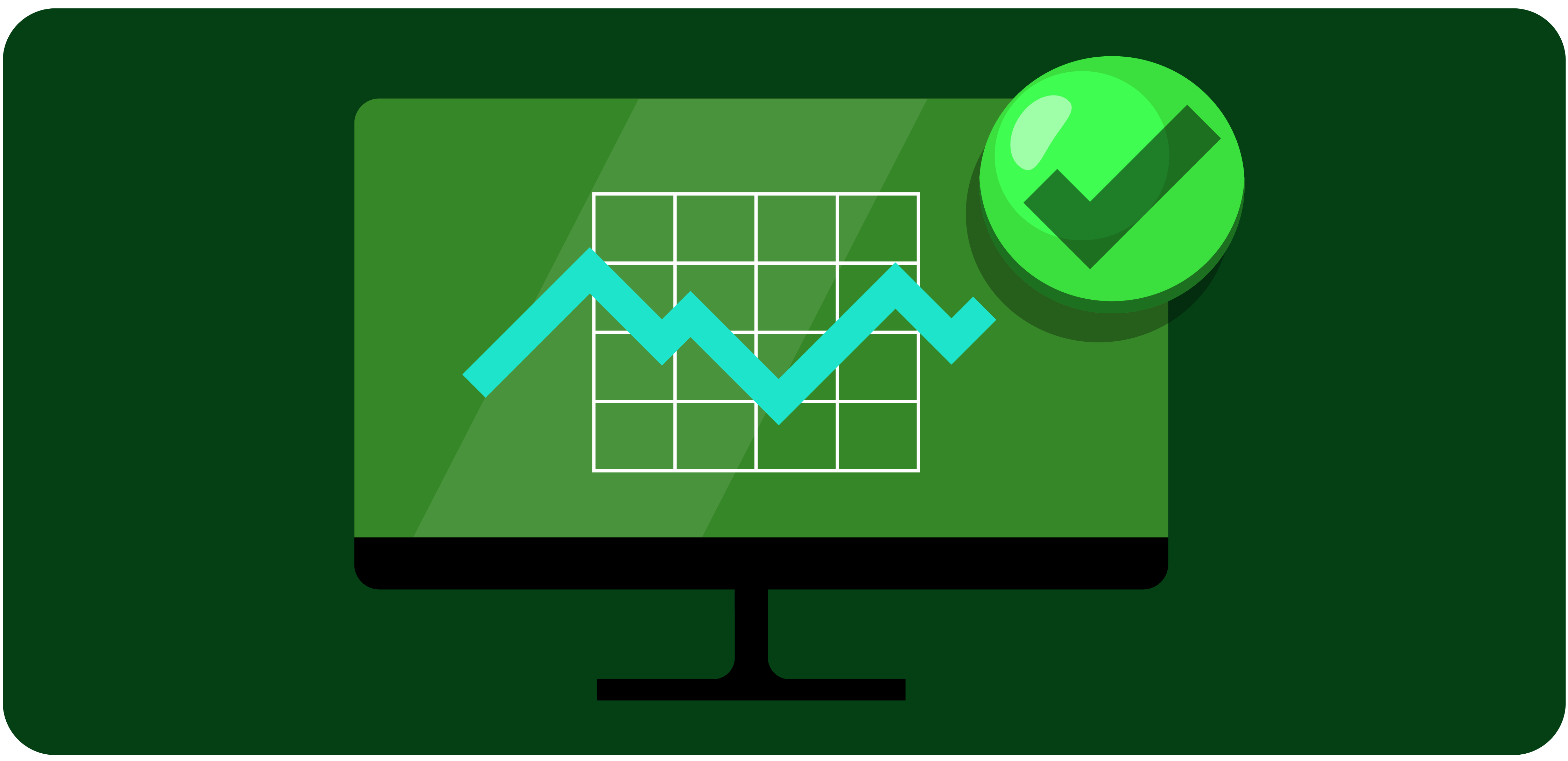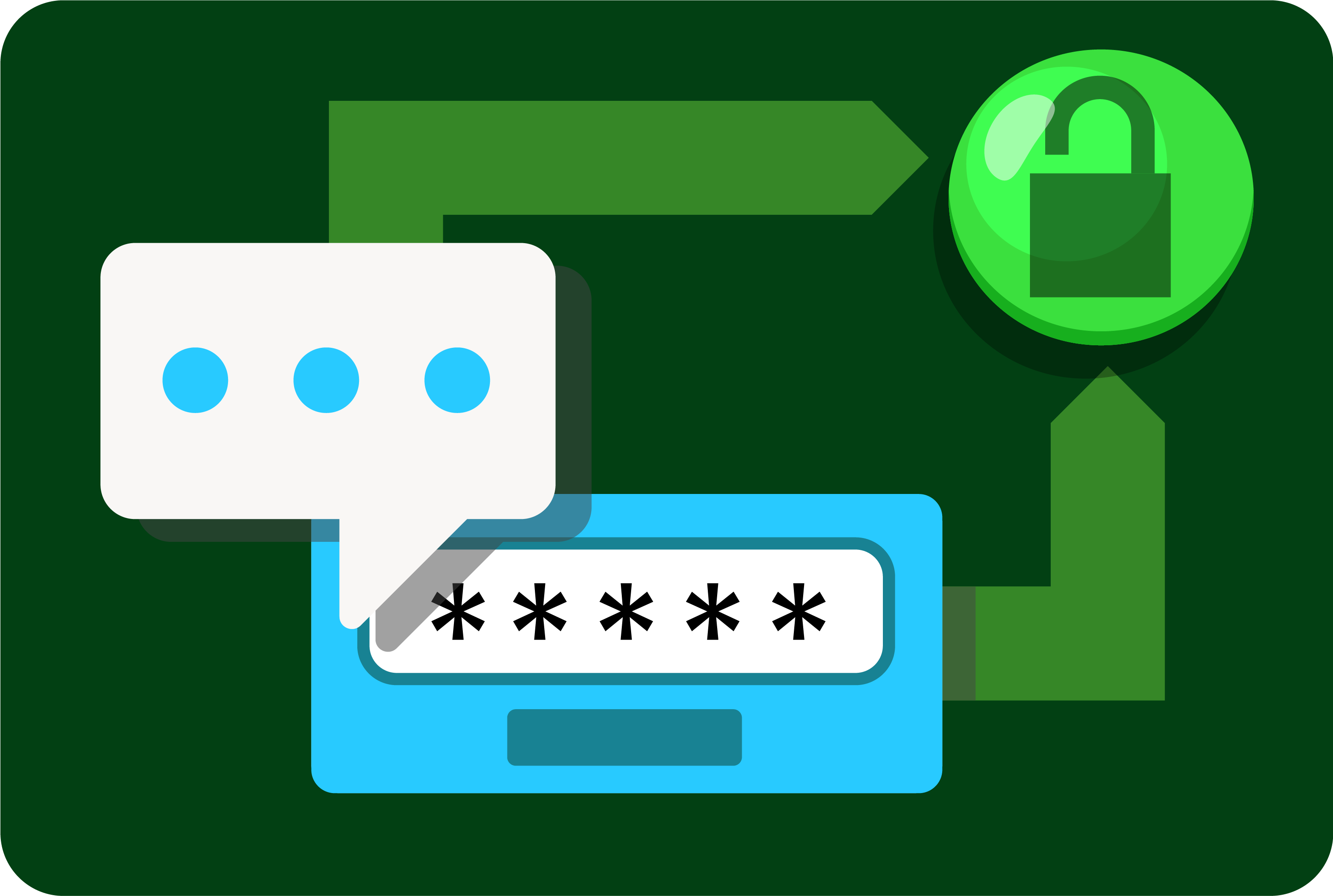Effective strategies to help you determine a crypto’s creditability
Whether this is your first time buying crypto or you’re a seasoned investor, you should always do extensive research before investing. Think of buying crypto, or any investment, like buying a car. You want to gather all the information you can, make sure the dealer/seller is reputable, and evaluate your options thoroughly before taking action.
Below is a list of tips to help you source a cryptocurrency’s creditability and a few cybersecurity best practices to help keep your crypto safe—note this not a full list.
Evaluating a cryptocurrency

Check the website
Creating a website is easier than ever, so make sure the cryptocurrency you’re researching has one—an updated, informative, and clean one. Some elements to look for include token/coin objectives, team members/partnerships, and a white paper. And always look out for any spelling and grammatical errors.

Read the white paper
One of the most important evaluation tools is a crypto white paper. This document outlines the intentions (or utility) of the project and how the token will interact with the blockchain ecosystem. Any trustworthy cryptocurrency will have their white paper available on their website and also be free of any spelling or grammatical errors.

Scroll through social
Since social media plays a large role in the crypto space, a company’s overall social sentiment, positive or negative, can aid your research. A majority of reputable cryptocurrency projects have X (Formerly Twitter), Reddit, and Discord channels that they manage regularly. Look at how they’re engaging with their followers and see if they’re being helpful in their comments. However, an engaging social presence can also be misleading and does not always indicate a reputable company.

Verify the team
A cryptocurrency’s success depends on their network. A network with members who have been a part of other successful cryptocurrencies may be more trustworthy. While a team composed of all new players may be inexperienced and spark uncertainty and hesitation.

Pull the market metrics
Specifically, check a cryptocurrency’s market capitalization, trading volume, and supply.
- Judging a cryptocurrency by market cap alone isn’t recommended, but cryptocurrencies with a high market cap ($1 billion+) may be considered less risky due to their value potential. However, some cryptocurrencies with high market caps may still be high-risk.
- High trading volume may indicate more liquidity and price stability. While a low trading volume may indicate lack of interest or price disputes.
- And knowing the difference between how many coins are in the market and the max supply of the coin can help you understand scarcity.

Study the price history
The crypto market often experiences volatility, so it’s normal to see fluctuations in price. But be aware of exaggerated highs immediately followed by lows. This may indicate a “pump-and-dump” scam, aka a rug pull. Also check and compare different time spans, like “all time” and “1-3 months,” and look for gradual upward trend over time.

Tally the token distribution
Review a network’s blockchain and study its transactions. It’s important to notice how many of the original tokens were allocated to the founding members of the network. A large distribution amongst a network’s founders could potentially lead to future market manipulation.

Best practices that can help keep crypto safe
No matter which cryptocurrencies you invest in, here are some cybersecurity recommendations to help keep your crypto safe—note this is not a full list and is in no particular order.
- Enable 2-factor authentication for all accounts to add another level of security in case your login information is hacked.
- Never click a link in a direct social media message. Exchanges will rarely contact you via social media unless you initiated it.
- Check email links twice before you click. Phishing scams are common in the crypto space, so make sure the sender is legitimate before clicking anything.
- Keep your holdings private. The FBI states you should avoid sharing how much crypto you have to avoid being targeted by SIM swap scammers.
- Never share your private key(s) with anyone—just like you would never share your email or bank password with anyone.
The bottom line
Hacking and scam stories are scary, but the reality is there are ways to lower the chances of losing your investments if you know how to evaluate a cryptocurrency and follow common sense cybersecurity practices.


